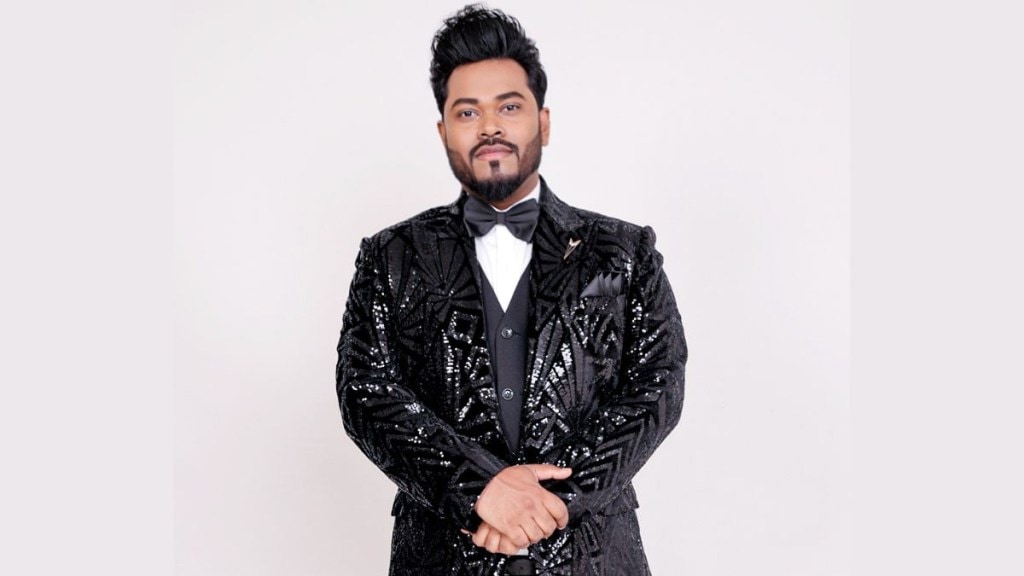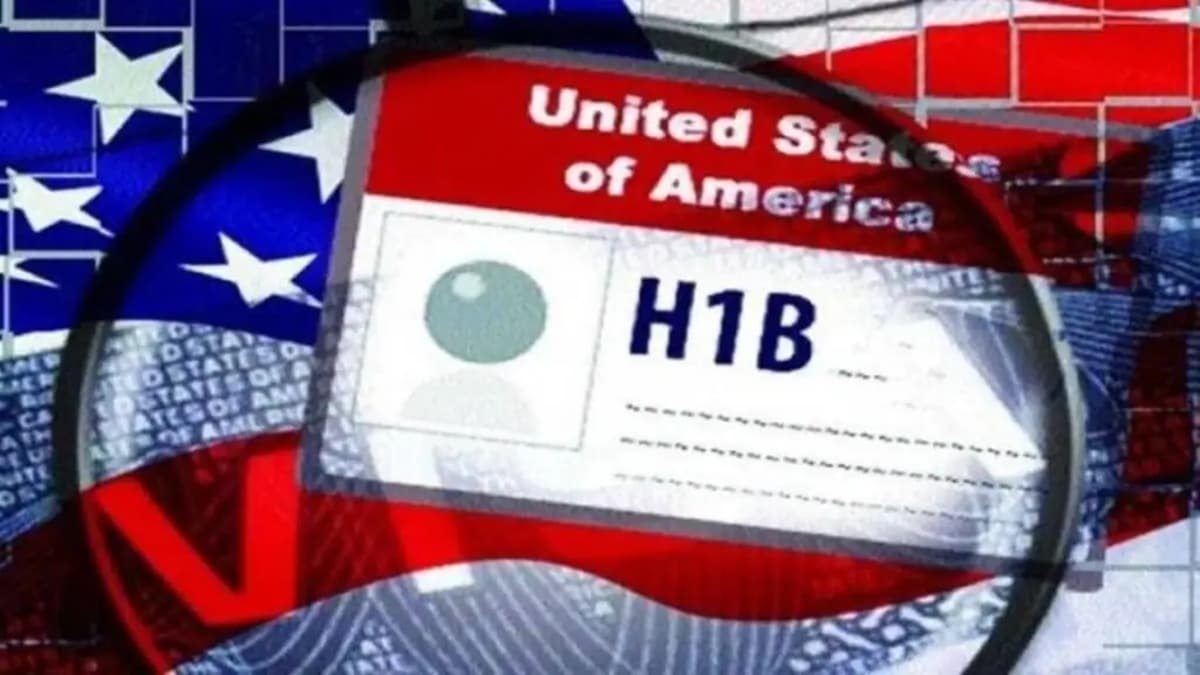As the saying goes, ‘Music is a universal language’, deep down we all have felt this. From cheering ourselves with ‘upbeat music’ to feeding our soul with ‘classics and ghazals’, music has always been a source connecting us over the borders and cultures.
But have you ever thought, what if this music starts speaking the language of robots? In an interview with Thomson Andrews, a playback singer, songwriter, and performer known for his widespread recognition as a finalist on Amazon Prime’s “The Remix”, we dive into the world of music where AI plays a crucial role.
How will AI change the music game? Do you think AI will compromise with the quality of music?
AI is revolutionising the music industry by providing artists with new tools and capabilities that enhance the creative process. AI can assist in composing, arranging, and even mastering tracks, which can save time and offer new perspectives. While there are concerns about AI compromising the quality of music, I believe that when used correctly, AI can complement human creativity rather than replace it. The key is to use AI as a tool to augment our artistic vision, not to dictate it.
How is AI going to affect the ‘Brands and face value’ of musicians?
AI has the potential to significantly enhance the brand and face value of musicians by enabling more personalized and engaging interactions with fans. AI can help artists analyze audience preferences, tailor their music to different demographics, and even create interactive experiences that deepen fan engagement. However, it’s important for musicians to maintain their unique identity and authenticity, ensuring that their brand remains genuine and relatable.
How do you think AI will impact the ‘authenticity’ of music?
Authenticity in music comes from the artist’s personal experiences, emotions, and unique creative expression. While AI can assist in the production process, the core of music’s authenticity will always stem from human input. AI can provide new textures and possibilities, but it is the artist’s vision and creativity that give music its soul. As long as artists remain true to their essence, authenticity will not be compromised.
What is the creative side of AI? Should it be just used to create ideas and not create copyright infringement?
The creative side of AI lies in its ability to generate new musical ideas, suggest innovative arrangements, and explore soundscapes that might not be immediately obvious to human composers. It’s a powerful tool for brainstorming and pushing creative boundaries. However, it’s crucial to use AI responsibly to avoid copyright infringement. Artists and AI developers must work together to ensure that AI-generated content respects intellectual property rights and contributes to the original creation rather than replicating existing works.
How do you make money through AI music? Does it make more money than original content?
Monetizing AI music can involve various revenue streams, such as licensing AI-generated tracks for commercials, films, and video games, or using AI to enhance live performances and create unique fan experiences. While AI music can be profitable, it’s not necessarily about making more money than original content but rather about diversifying income sources and reaching new audiences. The combination of AI and human creativity can open up new commercial opportunities that benefit both the artist and the industry.
What’s the future of AI in music?
The future of AI in music is incredibly promising. As technology advances, AI will become more sophisticated, offering even more tools for creativity and production. We can expect AI to play a significant role in personalized music experiences, adaptive soundtracks, and interactive music platforms. Additionally, AI will continue to democratize music production, making it accessible to a broader range of artists and fostering a more diverse and inclusive music landscape.
How did you learn to use AI in music? Did you take any training?
My journey with AI in music began with curiosity and a desire to explore new frontiers in creativity. I engaged in self-learning through online courses, workshops, and collaborating with tech-savvy professionals who specialize in AI and music technology. Continuous learning and staying updated with the latest advancements in AI have been key to integrating these tools into my creative process effectively.
Can AI help upcoming music professionals or artists? What is your advice for them?
Absolutely, AI can be a valuable asset for upcoming music professionals and artists. It can help them streamline their production processes, experiment with new sounds, and gain insights into audience preferences. My advice for emerging artists is to embrace AI as a tool for innovation, but always stay true to their unique artistic voice. Use AI to enhance your creativity, not to replace it. Continuously learn, experiment, and collaborate with others to harness the full potential of AI in your music career.








